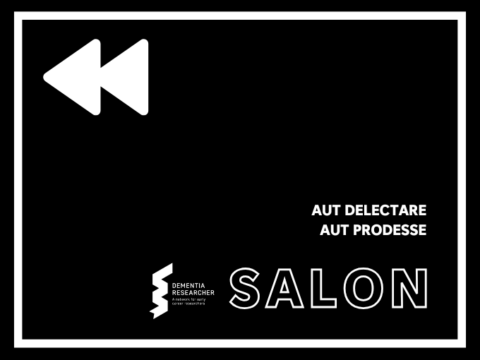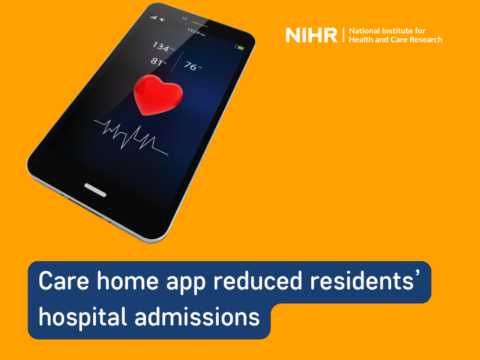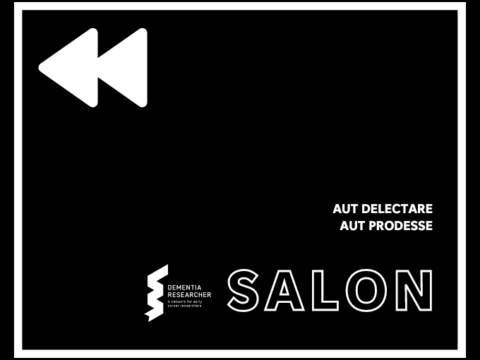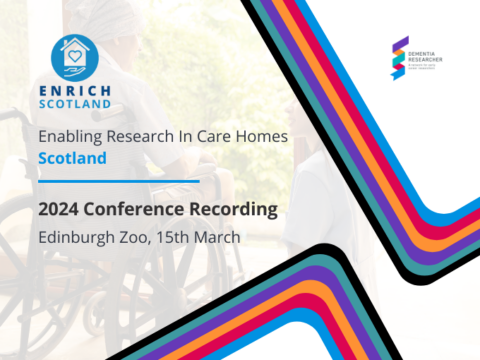
Dr Katya Sion
Name:
Dr Katya Sion
Job title:
Postdoctoral Researcher and Linking Pin
Place of work / study:
Maastricht University (the Netherlands) within the Living-Lab in Ageing and Long-Term Care, a structural and interdisciplinary collaboration between nine care organizations, a university, a university of applied sciences and two vocational institutions.
Area of Research:
My research is focused on quality of residential elderly care from the resident’s perspective and how to assess this. My current postdoc research is aimed at the national valorization of the narrative method ‘Connecting Conversations’, which we developed during my PhD. In my research I strive to combine various disciplines – including health sciences, service sciences and psychology – and am continuously guided by all stakeholders involved. At a local level, these stakeholders are the elderly receiving care, their relatives, their caregivers and board members; at a national level these include the Health Care and Youth Inspectorate, the CZ Health Insurance Company and the National Client Council.
How is your work funded?
My current research is funded by The Netherlands Organisation for Health Research and Development (ZonMw).
Tell us a little about yourself:
I am a health scientist and have gained experience as a consultant in the for-profit sector after my graduation. Within my current job I get to combine research and practice in both my research and as a linking pin at an elderly care organization, where I am appointed to set up an infrastructure for scientific research aimed at improving quality of life, care and work. I live in the Netherlands with my husband and 8-month old daughter, who is very curious and being raised bilingual (Dutch-English).
Tell us a fun fact about yourself:
I am incredibly impatient and curious, which have turned out to be useful skills within academia.
Why did you choose to work in dementia?
My work ambition is to improve quality of care by aligning research and practice. With the increase in the ageing population and the need for proper high quality care for this population, I want to contribute towards this goal. As a consultant, I was missing the connection to individual care receivers and providers. In my current work, I am closely connected to the care environment and henceforth am ensuring that our research is contributing towards improved quality for everyone involved.
What single piece of advice would you give to an early career researcher?
You are more than just your job, not matter how much you love it. It is okay to allow yourself a healthy work-life balance and set boundaries. This does not do any discredit to the quality and effort you put into your work.
What book are you reading right now? Would you recommend it?
I am a new mum and henceforth I am reading a book about how baby’s develop ‘Brain rules for baby’ by John Medina. If you are a new parent, I would definitely recommend it.

 Print This Post
Print This Post





